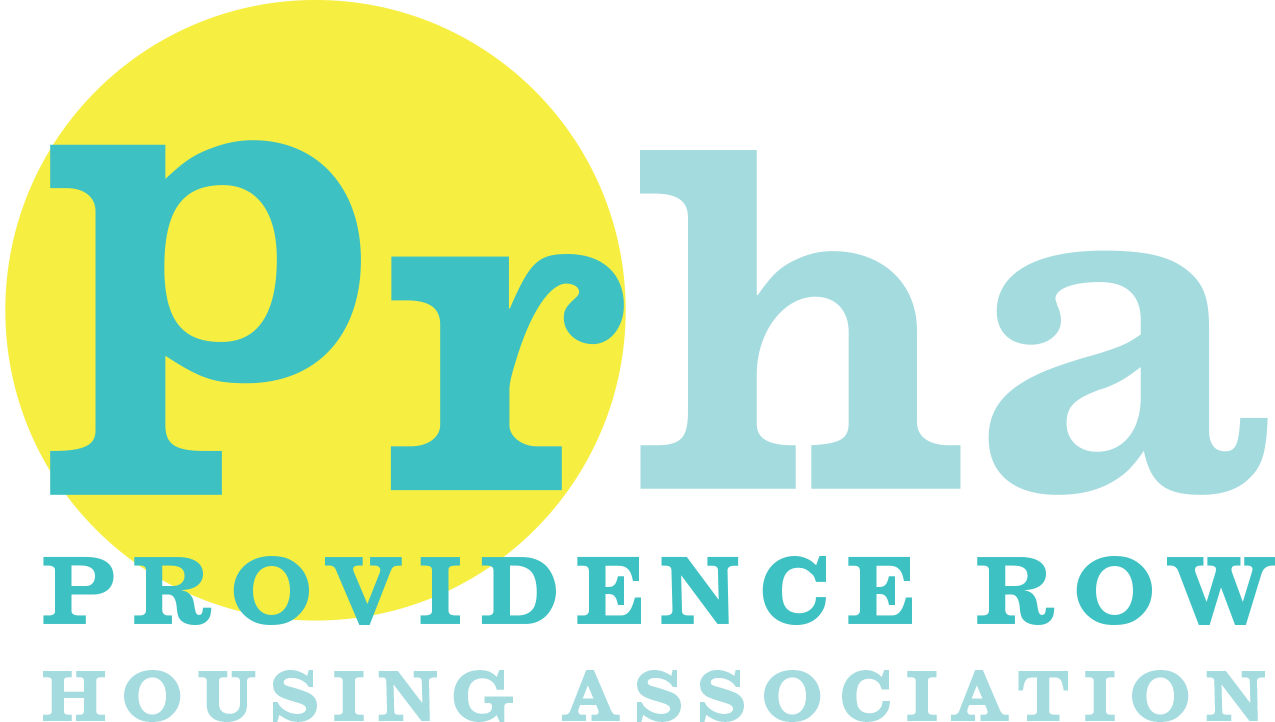The first Providence Row Night Refuge opened on the 7th October 1860. It was set up by a Catholic priest, Father Daniel Gilbert, who was moved by the deprivation he had witnessed on a visit to East London.
Father Gilbert enlisted the help of the Sisters of Mercy in Wexford, Ireland. Shortly afterward 5 sisters arrived in London & Father Gilbert acquired a large stable block at the back of 14 Finsbury Square, on a narrow street called Providence Row.
After a month of hard work and fundraising by a small group of Father Gilbert’s friends, Providence Row Night Refuge opened its doors. It was unique in that it welcomed anyone regardless of their race or religion, making it London’s first non-sectarian shelter.
Originally it had only 14 beds but with ever growing demand the refuge soon moved to a larger site on Crispin Street, near Spitalfields Market.
By 1862 it had provided 14,785 meals to homeless and destitute people in London.
At the time of his death in 1895, Father Gilbert had raised over £100,000 for this work. Providence Row continued to offer free accommodation for the homeless in a way that was innovative, ground breaking and compassionate. Rather than being separated as in the workhouses, families were kept together. Eventually self- contained flats were provided for entire families.
The sisters ran a school to care for children during the day and did the cooking and cleaning enabling parents to go to work. As demand increased for their services, a further 5 refuges were opened. Before and during World War 2 the East End offered refuge to an influx of European immigrants fleeing Nazi persecution. Providence Row played a role in supporting the new arrivals as well as providing food and shelter to local families made homeless by the bombing. Heavy bombing in the east end meant the refuge had to close in 1942 and only reopened after the war.
With the advent of the welfare state and the abolition of the Poor Law the Sisters had hoped the refuge would become ‘redundant’. However, this was not to be. The Act did not go far enough to assist those who found themselves destitute and due to a public misunderstanding of the Act, donations to the charity actually decreased. Aside from its usual client group, the refuge was also helping people made homeless by the bombing. Over time Providence Row began to shift its focus towards helping those people not prioritized by the growing welfare state: single homeless people and those without children. It had to reassess and modernize.
Paid staff joined the Sisters of Mercy in 1970 and in 1975 the application to the National Federation of Housing Societies to create Providence Row Families Housing Association was approved.
Today, Providence Row Housing Association continues to work in East London in Tower Hamlets, Hackney and the City. With a team of highly trained staff and dedicated volunteers we now provide social housing along with intensive services that support those who are homeless.
Our sister charity (also still called Providence Row) continues to provide a range of expert services at the Dellow Centre for those still living on the streets or at risk of homelessness.


